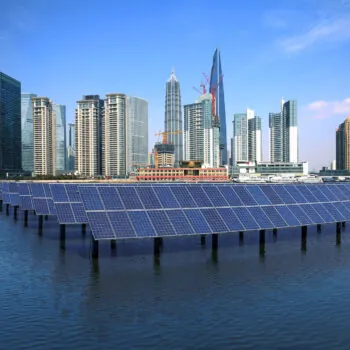The European Union is at a reflection point. Following a tumultuous decade of repeated crises, from the financial downturn to the Brexit vote, European leaders and the European Commission have kicked off a debate on the Future of Europe.
This will consider the Union’s future focus, governance and operation. It should be a moment for innovation for climate governance, as well as for EU governance more broadly.
The EU has achieved considerable progress on climate change. EU GHG emissions have fallen by 23% since 1990, while GDP has more than doubled in that time. The Paris Agreement was a victory for EU diplomacy and an important step towards limiting global emissions.
Yet the EU’s efforts to deal with climate change suffer from the same challenges facing the European project as a whole. Europe depends on international action for climate security, but represents a declining share of global emissions and economic output. Radical changes in economic structures and technologies offer new opportunities; but they also present real transitional challenges for the workers and communities affected. Migration and security issues – exacerbated by climate impacts – increasingly dominate European politics. Perhaps most fundamentally, a breakdown in trust in European institutions and their legitimacy undermines climate governance and gets in the way of effective delivery.
Meanwhile, the context for what European climate governance must deliver is also shifting. The EU is still getting to grips with the need to transition to a fully decarbonised economy, the political economy challenges of deep decarbonisation, the need to develop a regime to manage climate risk, and with aligning its own efforts with those of non-state actors such as cities and progressive businesses.
In this context, climate action is a key test for European governance: if the direction of travel agreed in the Future of Europe process does not work for Europe’s energy and climate transition it will have failed to meet Europe’s biggest societal challenge, and is unlikely to work either for any of Europe’s other fundamental challenges. Over the longer term, Europe’s security and prosperity depends on a stable climate, successful adaptation and an orderly transition to a decarbonised economy.
This paper evaluates the state of EU climate policy and examines how climate governance fits within the ‘Future of Europe’ process led by the European Commission. We conclude that European climate governance should be built into the heart of the decisions regarding the future of the EU. This will require reflections on Europe’s longterm climate objectives, its international influence, and the integration of climate into economic, social and financial policies.


